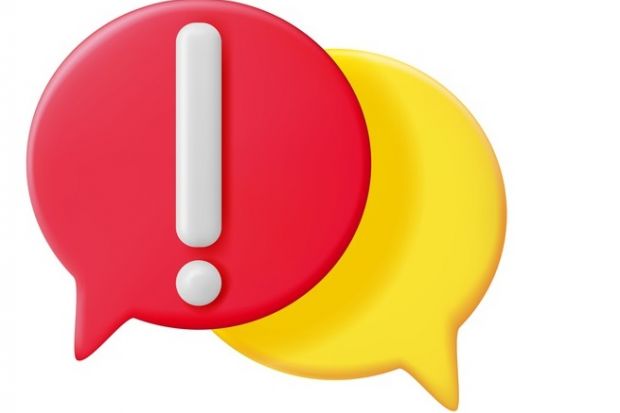Whether it is its role in political elections or its effect on the mental health of our children, social media’s impact on society has scarcely been out of the headlines in the last decade.
Twitter is the latest platform caught up in a whirlwind. Elon Musk’s takeover has been met with fierce debate and speculation from all corners of the platform’s user base. Decisions taken, such as to no longer police Covid-19 misinformation, are deeply worrying for the research and academic community, who are on the front line when it comes to tackling misinformation.
Many academics are now considering leaving the platform for rival Mastodon. But smaller, rival platforms are in their infancy and cannot – in the short term, at least – be expected to reach the audiences that a more established platform such as Twitter can.
Losing Twitter completely would be a massive shame. It is not only a place for the academic community to come together to debate and learn, sharing results and the outcomes of projects. At its best, it can also be a place for promoting discourse and understanding, where academics can engage the media and policymakers with academic learning and science.
So what do we need to do to foster this positive environment on academic Twitter and keep academics on the platform?
The first issue we must address is public understanding of research. A recent Economist Impact study, supported by Elsevier, found that 63 per cent of more than 3,000 global researchers felt that the pandemic increased public attention on research. However, 62 per cent said that greater understanding has not followed interest.
Academics fear it is quite the opposite, in fact. More than half (52 per cent) of researchers surveyed said they are concerned that increased public interest is leading to oversimplification of research since the “bite-size” format of social media demands brevity. Academics often undertake research for years or even decades to understand even a small fragment of their subject. How can they possibly do justice to that depth of knowledge within Twitter’s 280-character limit?
Of course, public understanding of science should start in the classroom, but there is much more that social media platforms could do, too. They should be holding regular and widespread consultations with the scientific and academic community, to better understand how the platforms are used to further learning and science. Future developmental decisions around misinformation should strongly consider the need to build trust between the public and science.
Twitter and Facebook already employ algorithms to label posts with additional context. We are not yet there, but similar technology could be used to signpost research online. Labelling whether research is at an early stage, indicative, ongoing or not yet peer-reviewed could help the public to make more informed decisions about how to interpret what they read online.
It is a big ask of social platforms, but social media platforms like Twitter are fundamentally spaces to share and access information. So tackling issues such as the reliability of information and clearly distinguishing between opinion and fact should be paramount. What is happening on Twitter right now is a lesson to all: users who are worried about a free-for-all, with zero protection against hate speech and misinformation, will vote with their feet.
There will always be people who choose not to base their beliefs on evidence, but most social media users just want to know what information and which experts they can trust. Another change Twitter could make is to create a new version of its blue tick scheme. Rather than indicating that a person is the celebrity they claim to be, it could certify that they are a qualified scientist or medical professional.
With 51 per cent of survey respondents now feeling they have a responsibility to engage with debate online and 23 per cent seeing challenging misinformation online as one of their primary roles, academics are also rightfully concerned about abuse.
Around a third of researchers surveyed (32 per cent) have experienced or know a close colleague who has experienced abuse after posting research online. This makes researchers nervous about communicating with the public. Just 18 per cent of respondents said they were confident communicating their research on social media.
Further research needs to be done to identify why so many scholars are experiencing abuse online. In the meantime, academics need to be equipped with the tools to communicate their research clearly and concisely on social media. What we need is well-considered and established best practice from a credible source.
Imagine how helpful it would be to have a set of established guidelines, curated and approved by academic institutions, that the whole scientific community could use to share and discuss research. Expecting an entire industry to follow the same guidelines might seem a tall order, but if there is one community that could pull together to make such a widespread commitment, it is surely the research community. If it can pull together globally to tackle the pandemic and other major problems, surely it can pull together to ensure that it communicates in a way that earns the credit it deserves.
Laura Hassink is managing director of journals at Elsevier.
Register to continue
Why register?
- Registration is free and only takes a moment
- Once registered, you can read 3 articles a month
- Sign up for our newsletter
Subscribe
Or subscribe for unlimited access to:
- Unlimited access to news, views, insights & reviews
- Digital editions
- Digital access to THE’s university and college rankings analysis
Already registered or a current subscriber? Login









